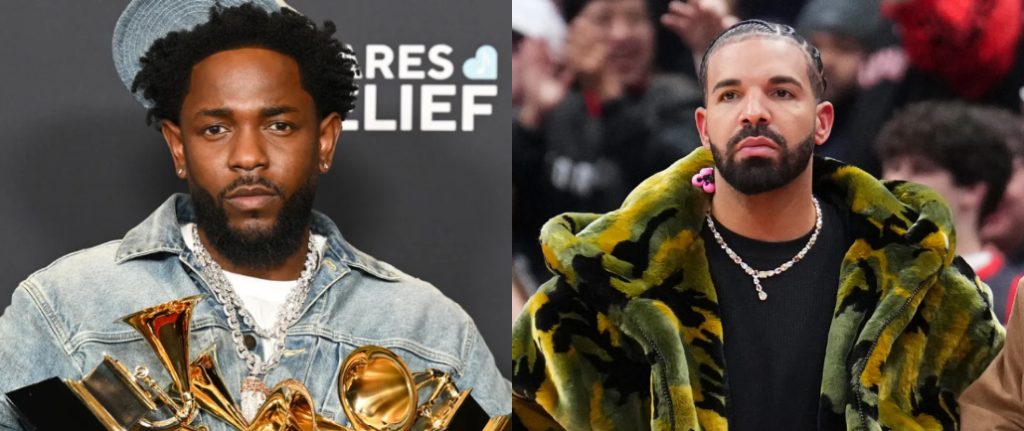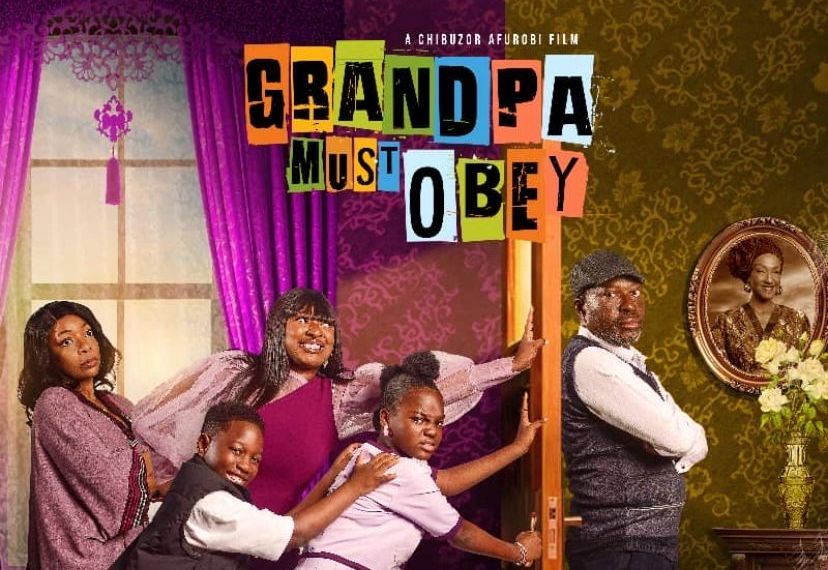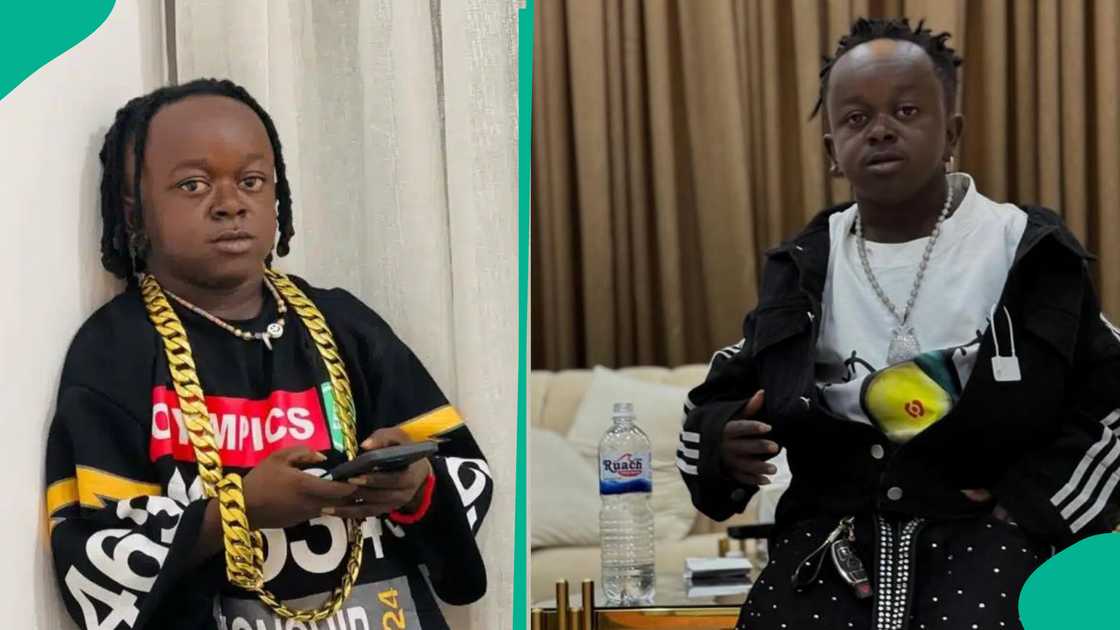A recent U.S. court ruling involving global superstars Drake and Kendrick Lamar has captured attention across Africa, igniting conversations not just on music but also on freedom of expression, legal boundaries in art, and the ever-evolving culture of musical “beefs.” In a high-profile decision, a federal judge dismissed Canadian rapper Drake’s defamation lawsuit against Universal Music Group (UMG) over claims made in Kendrick Lamar’s chart-topping diss track, “Not Like Us.” The legal battle—though rooted in the world of American hip-hop—raises important questions for artists, fans, and legal experts around the world, including Nigeria, Ghana, and the wider West African music landscape.
Understanding the Legal Decision
On Wednesday, Judge Jeannette Vargas ruled that Kendrick Lamar’s lyrics, notably the line referring to Drake as a “certified pedophile,” fall under the category of “expressions of opinion” within the context of a rap feud rather than assertions of fact. Judge Vargas emphasized in her decision: “A reasonable listener, familiar with battle rap and its traditions, would not interpret these lyrics literally.” She highlighted that competitive exchanges—often provocative or exaggerated—are customary in the genre and typically understood as artistic rivalry, not factual accusation.
Lamar’s “Not Like Us” was released at the height of one of the most heated feuds in recent hip-hop history. The song became a viral sensation, climbing global charts, accumulating multiple Grammy awards, and even being included in Kendrick Lamar’s electrifying Super Bowl performance. Despite the controversy, the track’s reception among fans and the wider entertainment industry has been overwhelming, further fueling global debates about the role and boundaries of diss tracks in contemporary music.
Implications for Artistic Freedom: Global and Local Relevance
UMG has called Drake’s lawsuit “frivolous” and a threat to the core of artistic freedom. In defending themselves, the label argued that restricting lyrics in diss tracks could set a dangerous precedent, limiting musicians’ ability to use satire, exaggeration, or metaphor—a foundation of numerous genres, including Afrobeat, highlife, and hip-hop in West Africa.
Lagos-based music analyst and entertainment lawyer, Chidinma Okafor, weighed in: “This case reminds us that artistic rivalry is embedded in our musical culture in Nigeria, from hip-hop to Fuji. A ruling in favour of censorship in the U.S. would have sent ripples worldwide, likely encouraging more lawsuits or regulatory clampdowns on self-expression in local music scenes.”
The controversy also draws parallels to notable rivalries in Nigerian music, with recent high-profile clashes between Afrobeat stars occasionally spilling into social media and lyrical jabs. Yet, legal experts warn that while Nigerian copyright and defamation laws provide some protection, courts here have traditionally given wide latitude to artistic expression—as long as lyrics are not demonstrably and maliciously false.
The Appeal: What Happens Next?
Despite the dismissal, Drake reportedly plans to appeal the U.S. court’s ruling. Legal observers say the outcome could shape future cases involving musicians globally. If a higher court reconsidered the balance between freedom of expression and reputational harm, it might prompt more artists—including those in Nigeria or Ghana—to think twice about the language they use in competitive tracks.
West African Fans React
On social media platforms like X (formerly Twitter) and Instagram, Nigerian and Ghanaian fans have been quick to chime in, debating both the lyrics and the lawsuit’s broader impact. According to a pulse.ng entertainment poll conducted last week, 72% of Nigerian respondents believe that diss tracks—no matter how intense—should be protected as an art form, while 18% say artists should be cautious about crossing reputational lines. “Art should provoke but not destroy careers over unproven allegations,” commented Abuja-based fan Olumide Ajayi.
Others, like Accra’s Nana Afia, believe: “These artists are role models. What happens in America sets trends for our musicians too. There needs to be a line between creative insults and damaging a person’s image.”
Local Lessons: Parallels in Nigerian and Ghanaian Music Scenes
Even as Afrobeat dominates the world stage, competitive storytelling and rivalry remain central to how West African musicians engage. From foundational quarrels in Fuji and hip-hop to recent lyrical exchanges among Afrobeats stars, diss tracks have raised similar debates across the region, though lawsuits remain rare. The U.S. ruling signals continued legal protection for creative “call-and-response” traditions—provided statements are not intended as literal, factual accusations.
Nevertheless, music promoters and industry bodies in Nigeria urge artistes to balance artistic bravado with respect. “With fame comes responsibility. Our artists must understand the influence of their words and set a positive example globally,” noted Kayode Adesina, CEO of a Lagos-based music marketing agency.
Kendrick, Drake, and Africa’s Place in the Conversation
Kendrick Lamar’s “Not Like Us” has become a cultural phenomenon, with the Grammy wins and Super Bowl performance cementing its status. African fans, who make up a fast-rising segment of global music streaming, have followed the feud closely—debating lyricism, creative limits, and even the role of American pop icons in setting global trends.
In an era where African music is defining global sounds, local artists are watching how international rulings may impact their freedom to experiment, critique, or compete—both at home and abroad. Many industry insiders believe that fostering bold, opinionated art is crucial for continued innovation and global reach.
Family First: Adekunle Gold’s Inspiring Perspective
While international disputes dominate headlines, local stars continue to showcase the power of prioritizing family and positive values. Nigerian singer Adekunle Gold recently shared on the NotJustOk podcast that his top priority remains his family—his wife, Simi (a beloved Nigerian singer herself), and their daughter, Adejare. Adekunle’s heartfelt comments have resonated with Nigerian and African fans seeking role models who embrace both success and strong family values.
He opened up about the inspiration behind his song “My Love Is The Same,” saying it was driven by his determination to be a present and responsible father. In his own words: “All I wanted is to do more for my own daughter because I can’t afford to bring her into the kind of life I grew up living. It has to be way better. My family is my centre. I can afford to be a failed musician, not a failed father or man. That’s not negotiable.”
A sentiment echoed by many Nigerians, Adekunle’s statement highlights shifting priorities among Africa’s celebrities—where family stability, changing gender roles, and fatherhood are all topics receiving growing attention in the media and society at large. Experts at the African Music & Culture Institute note that this new trend signals not just artistic evolution, but a growing sense of social responsibility among high-profile artistes.
Connecting the Dots: What the Drake-Lamar Ruling and Adekunle Gold’s Story Mean for Africa
The intersection of celebrity mega-feuds and personal values offers a unique lens on the evolution of music and society. As West African music continues to set the pace globally, the outcome of international court cases and the personal choices of Nigerian stars will likely influence how artists balance creative expression, legal boundaries, and personal integrity for years to come.
How should African musicians navigate the line between bold expression and respect for others? In what ways can celebrities use their platforms to set positive examples for fans? Share your thoughts in the comments below and don’t forget to follow us for the latest updates on music, entertainment, and more!
Have a story to share or sell? We want to hear from YOU! Whether it’s the latest music gist, your thoughts on fierce rivalries, or a personal experience, send your stories to story@nowahalazone.com and get featured! For support or other enquiries, reach out to us at support@nowahalazone.com.
Stay connected with our community—join the conversation on Facebook, X (Twitter), and Instagram for all the latest in entertainment, music, and lifestyle across Africa. Drop your comments below, and let’s get your voice heard!










